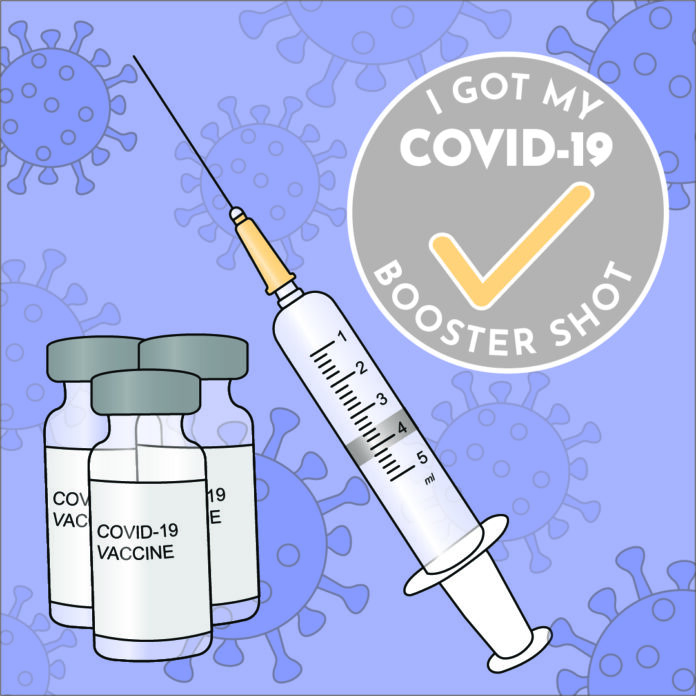It’s been over six months since many have received their second dose of the COVID-19 vaccine. Researchers are now coming to conclusions on whether a booster vaccine is needed in the next year and who needs a third dose now.
What is the difference between the COVID-19 booster and a third shot?
A third vaccine is needed for individuals that have not gained a strong enough immune response after receiving their two doses and thus the third dose is said to be an extension of the primary series. The National Advisory Committee on Immunization (NACI) has said this third dose is primarily being given to individuals in long-term care facilities and those that are immunocompromised.
On the other hand, the booster vaccine will be for individuals that likely had a full immune response to their first two vaccines but studies have shown that with time the immunity and clinical protection of the vaccine has decreased over time. Most experts have said everyone will likely receive the booster shot during the next year. This booster shot is comparable to the tetanus vaccine where a booster shot is needed every 10 years.
Dr. Isaac Bogoch, an infectious disease specialist said to CBC News: “What you’re starting to see is with just two doses of the vaccine people are more susceptible to reinfection…and there’s real evidence demonstrating that there is some waning after two doses, after a period of time anywhere between six to nine months.”
When are these doses available?
Currently it is not yet known how long an effective immune response will last from the first two doses and studies are being conducted on the best time to give out the booster shot. However, the Northwest Territories have announced individuals 18 or older are eligible for a booster shot while British Columbia has announced that seniors aged 70 and older, all Indigenous people aged 12 and older and health-care workers who had three or four weeks between their initial two doses will be eligible to receive the booster shot by the end of the 2021. Ontario has yet to make a statement on its plans for the booster shot but is said to be making announcements regarding the booster shot in the near future.
Ethics regarding the distribution of the booster vaccine
Canada is also facing ethical concerns and pressure by the World Health Organization (WHO) to distribute the vaccines allocated for the booster shot to developing countries instead. Many people in developing countries have not yet received their first dose and WHO has asked that developed countries help nations still struggling to administer the first set of vaccinations.
The term “vaccine equity” has been used frequently as the vast majority of vaccines have been administered to high- and upper middle-income countries while most countries mainly in Africa have not reached the 10 per cent vaccination target set by WHO.
In response to WHO’s pleas to distribute the vaccine overseas, Dr. Mike Ryan, head of the World Health Organization‘s health emergencies program, said “We’re planning to hand out extra life-jackets to people who already have life-jackets, while we’re leaving other people to drown without a single life-jacket.”





























